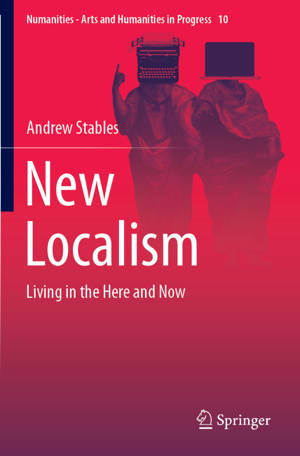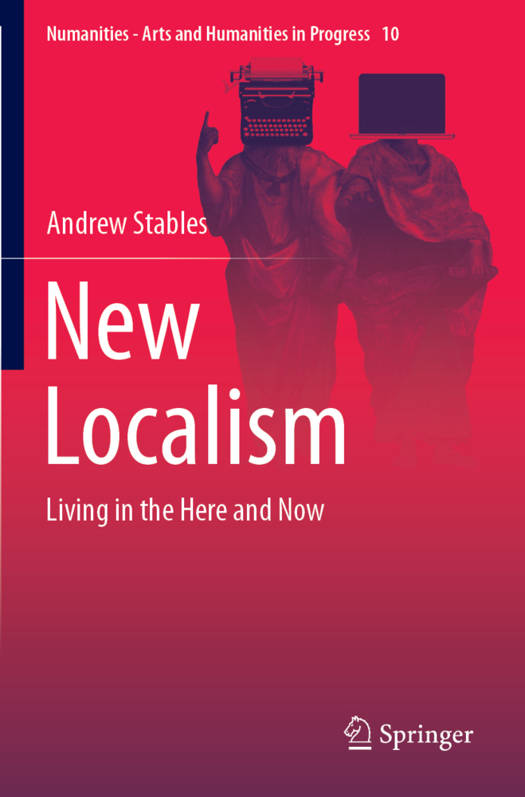
- Retrait gratuit dans votre magasin Club
- 7.000.000 titres dans notre catalogue
- Payer en toute sécurité
- Toujours un magasin près de chez vous
- Retrait gratuit dans votre magasin Club
- 7.000.000 titres dans notre catalogue
- Payer en toute sécurité
- Toujours un magasin près de chez vous
Description
This book examines "New Localism' - exploring how communities have turned towards more local concerns: my street, my town, my state, as an expression of dissatisfaction with globalization. It details the ideas that have created a political force that academics have often misunderstood and provides a template for further investigation with a strong focus on how to harness the motivations behind such changes for the benefit of individuals, communities and the more-than-human environment.
The book discusses human progress, both individual and collective, in terms of the interactions of the local and the global, the specific and the universal, and the concrete and the abstract. It also considers how forms of social progress can be understood and reconfigured in the context of the rejection of certain aspects of liberal intelligentsia orthodoxy over recent years.
Developing his arguments with specific reference to the evolving, political landscape, the author helps readers to understand major events such as the Trump presidency and the British vote to leave the EU from a fully semiotic perspective. He also explains how educational processes can use and respond to such events in ways that are locally grounded but nevertheless not at odds with more abstract formulations of progress such as sustainability and social justice.
Spécifications
Parties prenantes
- Auteur(s) :
- Editeur:
Contenu
- Nombre de pages :
- 112
- Langue:
- Anglais
- Collection :
- Tome:
- n° 10
Caractéristiques
- EAN:
- 9783030215811
- Date de parution :
- 14-08-20
- Format:
- Livre broché
- Format numérique:
- Trade paperback (VS)
- Dimensions :
- 156 mm x 234 mm
- Poids :
- 181 g







